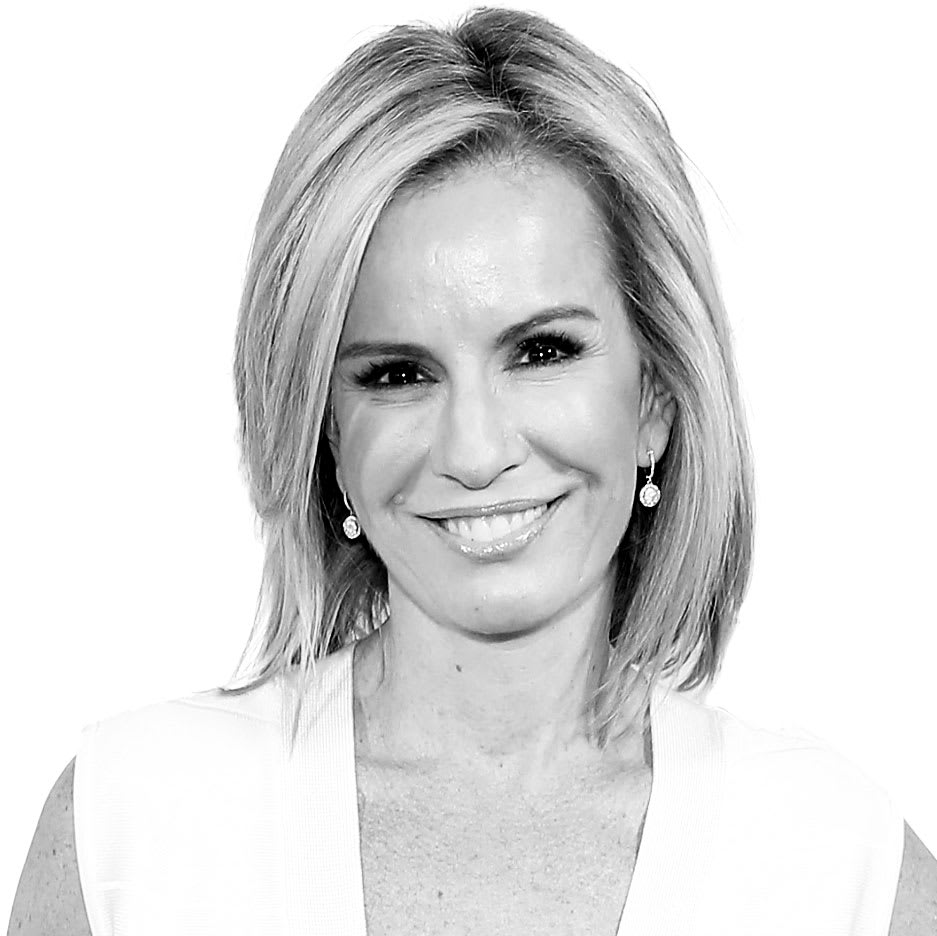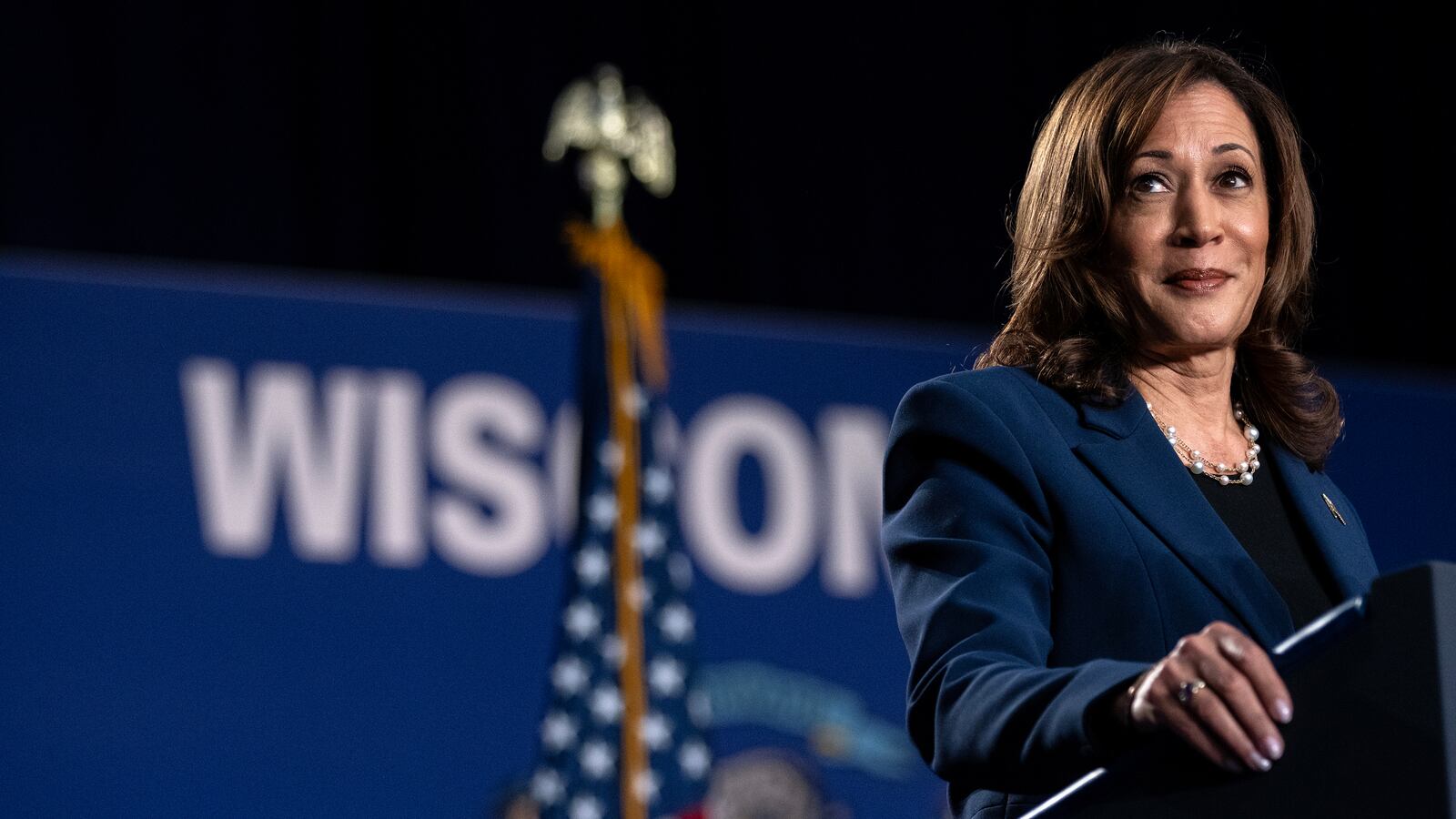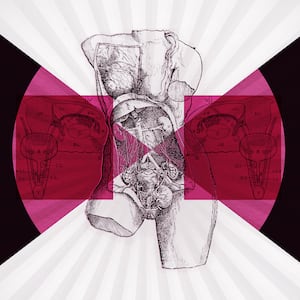If elected this November, Kamala Harris will make history as a lot of “firsts.” She would be the first woman to hold the presidency, as well as the first Black woman, the first South Asian woman, the first president with a Jewish spouse—and most likely the first president in menopause.
As a Board-certified obstetrician and gynecologist, I think this would be very interesting. (Then again, it would also be interesting if we had a pre-menopausal president, but I digress.) The possibility that Harris’ administration could bring attention to this critical area of women's health is definitely a good thing. After all, every single year in the US, approximately 1.3 million women officially enter menopause, meaning it has been 12 months since their last period.
Though the average age of menopause for American women is 51, women can experience menopause anytime between the ages of 45 and 56, and roughly 5% of women experience menopause prematurely, before age 40. The symptoms of menopause—which 80% of women will experience some of during menopause, though the severity varies—are often significant. What kind of things are we talking about? They can run the gamut, head to toe, and include migraines, brain fog, insomnia, anxiety, depression, palpitations, musculoskeletal issues, a mid-section weight gain of on average 5-10 pounds, fatigue, painful intercourse, irregular bleeding and of course, hot flashes.
Let’s be clear: These symptoms, though often numerous, would no more interfere with being able to do one’s job—even if that job is President of the United States—than an enlarged prostate or heartburn would. Furthermore, pharmacologic assistance is available in the form of hormone replacement therapy (HRT). Though misreadings of a flawed medical study had long presented HRT as dangerous to menopausal women, we now know that’s not the case. It is a safe and effective option for millions of women; in addition, for women who can't take hormones (or may not want to) there are a variety of other medications which can help.
I will tell you, as a doctor who has cared for menopausal patients for nearly 20 years, that it is no walk in the park. It is not for sissies. However, women in menopause throughout history have continued to work, show up for their jobs, families and friends and, in many high-profile cases, actually do their best work, leading their industries and dominating their fields.
And there are some positives: By the time most women enter menopause, they are experienced, knowledgeable and generally unfazed by many of life's physical and emotional speed bumps; they’ve survived puberty and, often, pregnancy—massive hormonal life stages that can also be pretty grueling.
Right now, very little is known about Harris’ medical history. While she has not publicly stated that she is menopausal, by the age of 59, only 1% of women will not yet be in menopause.
Now that all eyes are on her, it would be a good time for that to change. Presidential candidates are expected to share pertinent information on their health and any medical conditions—aside from her being menopausal, Harris is in a higher risk category for breast, endometrial and ovarian cancers since she has not had a full-term pregnancy. Such disclosures, or the perceived lack thereof, became a central part of the debate surrounding President Joe Biden’s ability to seek re-election.
And in choosing to share her status as a menopausal woman, Harris would be providing a moment of public service both for other people undergoing “the change,” and for society more broadly to learn about the menopause in a non-stigmatized manner. (Savvy political minds might even argue it would further bolster her credentials as a candidate supporting women’s rights and bodily freedoms.)
With everyone—including the president—talking more openly about menopause, opportunities for related research funding, innovation and education could flourish. Legislation too: A bipartisan group of senators this year introduced a bill that would “be the most expansive effort so far to boost federal research on menopause and would—for the first time—coordinate the federal government’s existing programs related to menopause and mid-life women’s health.” It’s currently in the hands of a Senate Committee, and perhaps not considered a pressing priority. An out-and-proud menopausal president could change that.
So yes, if Kamala Harris becomes the first president in menopause in US history, we could see hot flashes in the Oval Office. But across America too, because here’s one pertinent polling demographic that isn't often discussed: There are currently 75 million menopausal women in the US.







